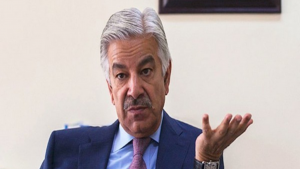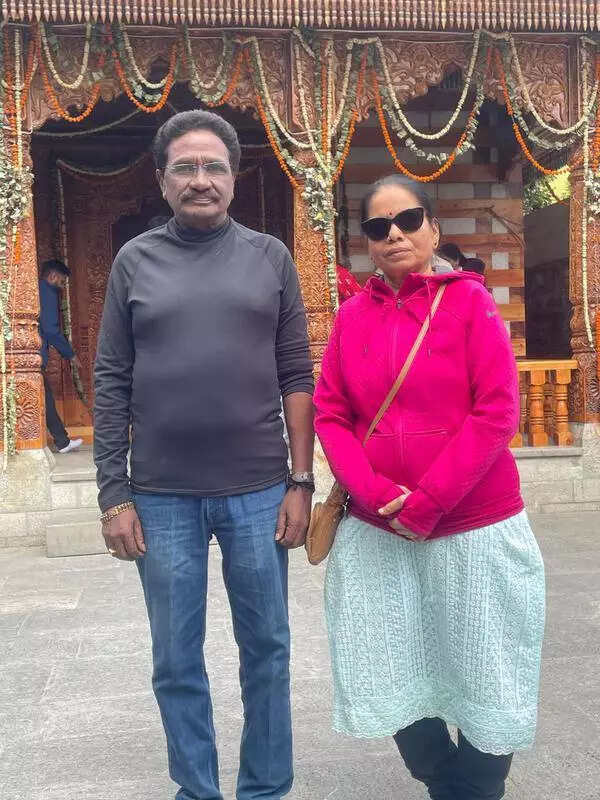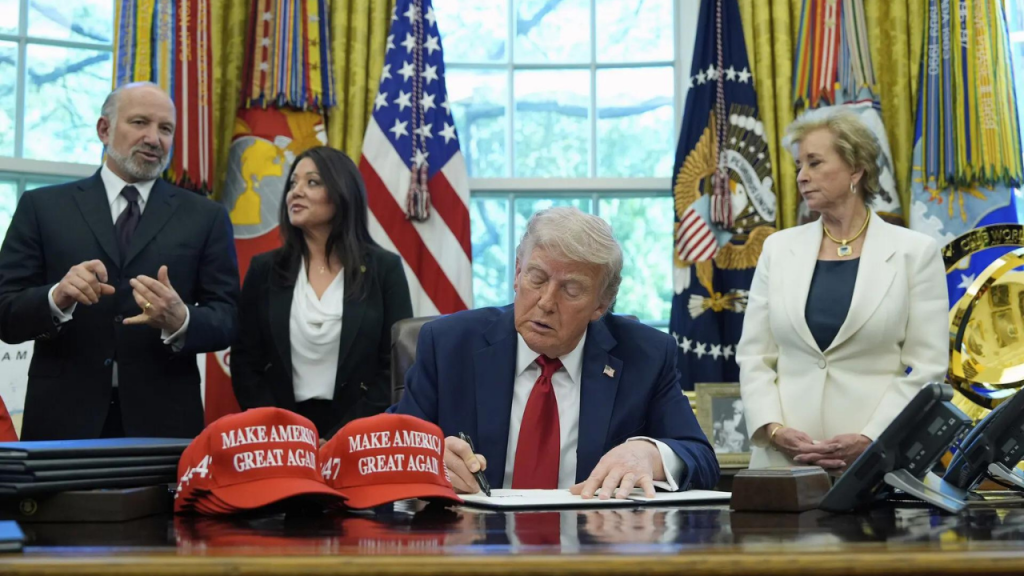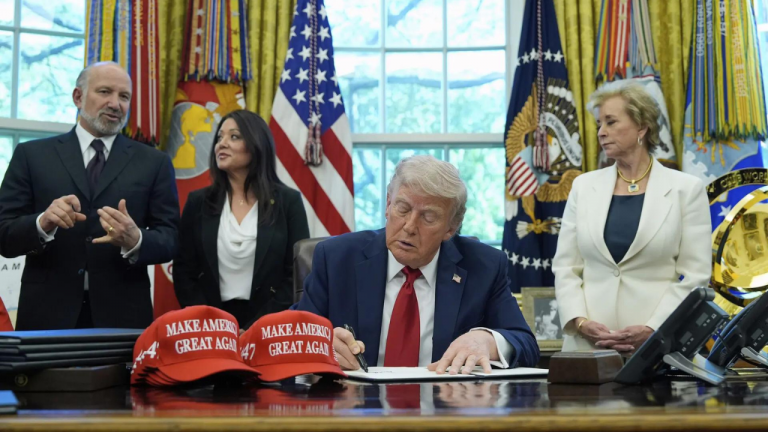After the revocation of Article 370 in India, terrorist organizations such as Lashkar-e-Taiba (LeT) and Jaish-e-Mohammed (JeM) have resorted to rebranding themselves as The Resistance Front (TRF) and Pakistan Anti-Fascist Front (PAFF) to conceal their extremist motives and take advantage of the narrative of a freedom struggle. This strategic move is designed to avoid international sanctions, attract support from Western human rights organizations, and unite their members in the face of escalating crackdowns by Indian security forces. The transformation of these groups into TRF and PAFF showcases their adaptability and willingness to manipulate perceptions to further their agenda in the region. The rebranding also indicates a shift towards a more politically savvy approach to garnering sympathy and support on a global scale. This development underscores the evolving tactics employed by terrorist organizations in the volatile region of Jammu and Kashmir, posing new challenges for counter-terrorism efforts in the area. As these groups attempt to cloak their violent activities under the guise of legitimate resistance movements, it becomes imperative for authorities to remain vigilant and proactive in countering their propaganda and destabilizing activities. The emergence of TRF and PAFF serves as a reminder of the complex and dynamic nature of the security landscape in India, highlighting the need for continuous adaptation and innovation in combating terrorism and insurgency.
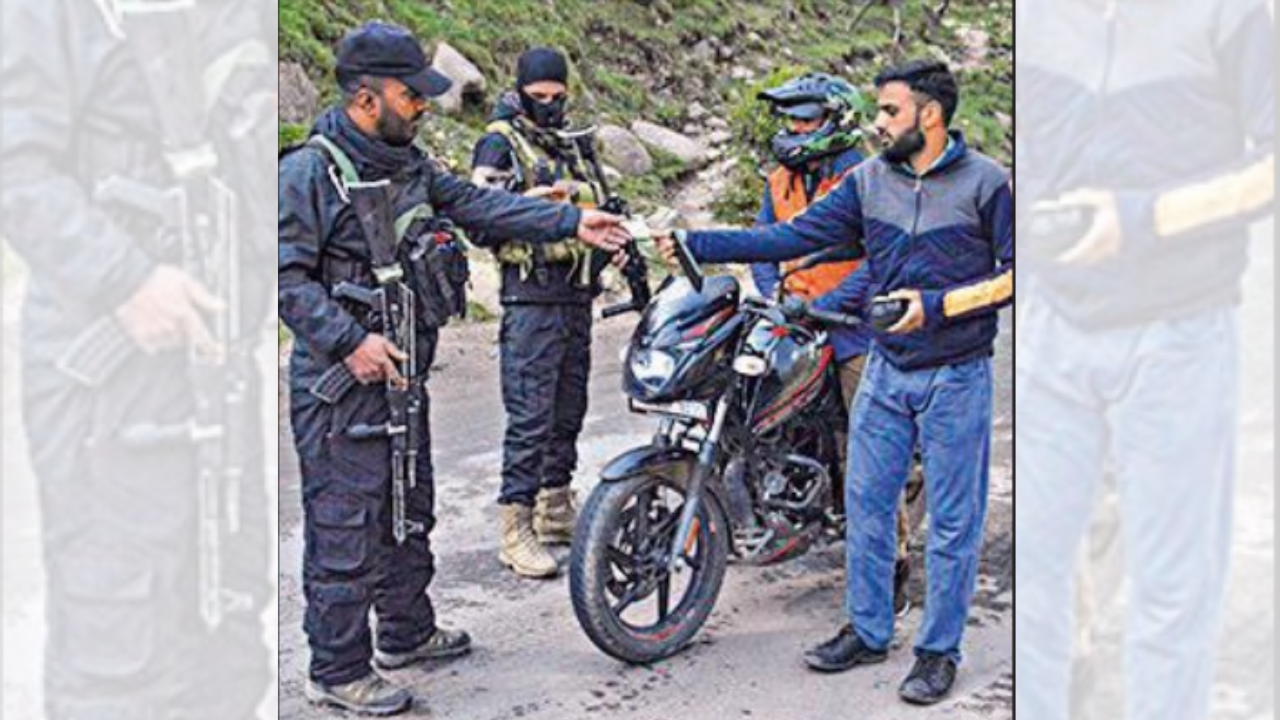
Posted in
JUST IN
Terror groups rebrand as TRF and PAFF post-Article 370 repeal to evade sanctions and boost militant activities.
In Trend
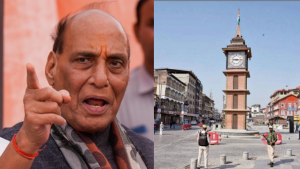
“India’s Defence Minister Vows Strong Response to Pahalgam Terror Attack, Mulls Military Options Against Pakistan”
